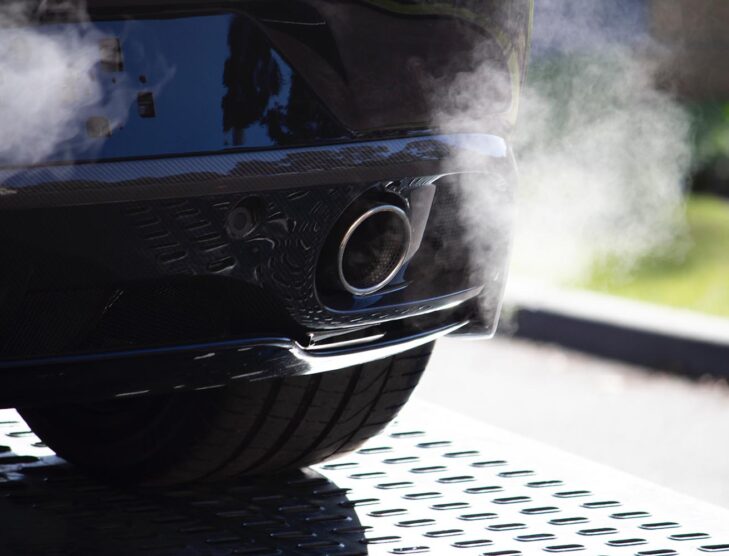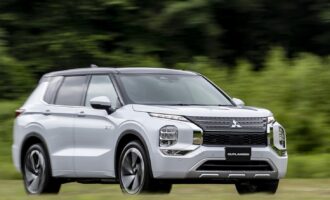
ACEA urges EU to end current impasse on CO2 from cars and vans
The European Automobile Manufacturers’ Association (ACEA) has called upon the European Commission and the Council to come to a resolution to the current impasse on the EU legislation on CO2 emissions from cars and vans, which was due to be signed into law this week. The fundamental transformation for the European automotive industry needs planning security, ACEA said.
The final CO2 deal which was reached between the European Commission, Parliament and Council in October 2022 would mandate carmakers to reduce by 55% emissions of new cars sold by 2030, relative to 2021 levels, and by 100% in 2035. The deal means that sales of new cars that run on gasoline or diesel effectively would be banned in the EU. The deal also includes references to the possible future role of renewable fuels in the transport sector.
The final step of the legislative process was a formal vote from member states to finalise the deal, provisionally scheduled for March 7, 2023. Though the vote was considered a formality, some member states changed their position in February 2023, among them Germany and Italy. German Transport Minister Volker Wissing announced that Germany will abstain unless the European Commission proposes allowing e-fuels to be used in new combustion engine vehicles beyond 2035.
ACEA said it “is convinced that the national and European climate targets should not be called into question. To achieve these goals, technology openness remains essential. Europe needs to retain the agility to respond to different needs and to adapt to changing circumstances.”
ACEA, which represents the 14 major Europe-based car, van, truck and bus makers, also called on policy makers to address emissions from the existing fleet of vehicles on the road.
“Mass electrification is a major part of the solution that we are all pushing towards, but it is no silver bullet,” said ACEA President, Luca de Meo, an Italian automotive executive who is currently the CEO of French automaker Renault. “The enemy is fossil-based energy, not a particular technology.”
“We note that Europe is the only geographical area set to abandon technological neutrality as a pillar of its regulatory framework,” de Meo said.
The EU automobile industry is unequivocal and fully committed to tackling climate change as fast as possible, working with all partners. It is doing its utmost to invest massively in electrification, build up the vertical value chain, retain jobs and help the EU stay competitive.
ACEA also urges policy makers to put in place the framework conditions that are essential for a strong and rapid market uptake of zero-emissions cars and vans. These include access to the necessary raw materials, and a dense network of charging and refuelling infrastructure for these vehicles. As part of the review of the CO2 regulation foreseen for 2026, there should be clear KPIs to monitor progress in these areas.
echo '








